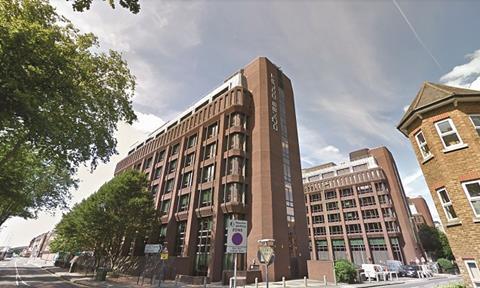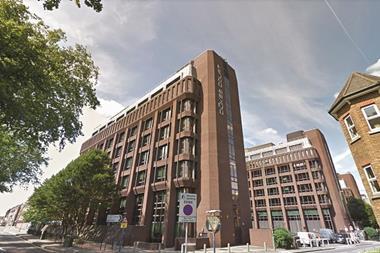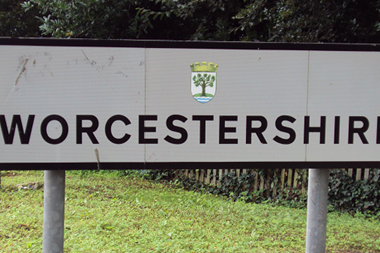Not long ago, councils were doing no more than dipping their toes in real estate investment.

Recently, however, they have been diving in headfirst and swimming into ever-deeper water in their desperation to plug the gap created by government funding cuts.
Could some of them now be getting out of their depth? That is the question people will be asking following news this week that Surrey County Council is about to acquire a Worcestershire retail park for £74m.
Coming just weeks after Property Week revealed that Woking Borough Council is to buy Dukes Court for around £70m, the move also coincides with the publication of the latest annual accounts from the Public Works Loan Board, which shows a sharp hike in lending to councils, much of which is likely to be for commercial property acquisitions (although quite how much is unclear as incredibly, they don’t have to actually disclose what they want the money for).

With low borrowing costs enabling councils to beat mainstream property developers and investors to the punch with increasing regularity - and on some pretty big-ticket deals - it is no surprise the alarm bells have been clanging loudly in certain quarters.
‘Reckless’?
Former business secretary Vince Cable warned recently that it is “not a wise and sensible thing to do”, describing the fact that many are investing outside their jurisdictions as “bizarre” and “shocking”.
The Times also highlighted the phenomenon earlier this month on its front page, underscoring just how political and general interest the issue has become.
Predictably, it argued that councils were basically making reckless multibillion-pound bets with taxpayers’ money and that speculating on property in a weak market was not the way forward.
I agree it is not necessarily an appropriate use of taxpayers’ money. I am also perplexed as to why the PWLB requires no information on the purpose of its loans. How can it monitor the risk if it is not monitoring the amount invested in property?

It is all too reminiscent of the irresponsible lending by banks in the run-up to the financial crisis. There is also the question of whether councils have the requisite asset management skills to look after chunky commercial property portfolios.
However, I am not convinced council investment in property is intrinsically a bad thing, not if it is done properly, and you would hope that having been burned before by dubious investments - remember Hammersmith & Fulham’s foray into derivatives trading and Shetland’s stock market losses after 9/11 - that it would be this time around.
I certainly think that the word ‘reckless’ is an overstatement. Surely there is sound financial logic in exploiting the difference between the low rates councils can borrow at and the higher yields generated by property investment, especially when there are long leases involved.
The latest Savills data also shows that although councils increased the amount they spent on property in the first half of 2017, their overall commitment remains pretty much the same percentage-wise as last year, at 2.6% of the overall market. Moreover, while they are venturing further afield, they are still investing mainly in their own backyards.
In short, yes, councils are placing bets on commercial property - and increasingly sizeable ones at that - but they are not as high-risk as some would suggest and, more importantly, they could well pay off.





























No comments yet